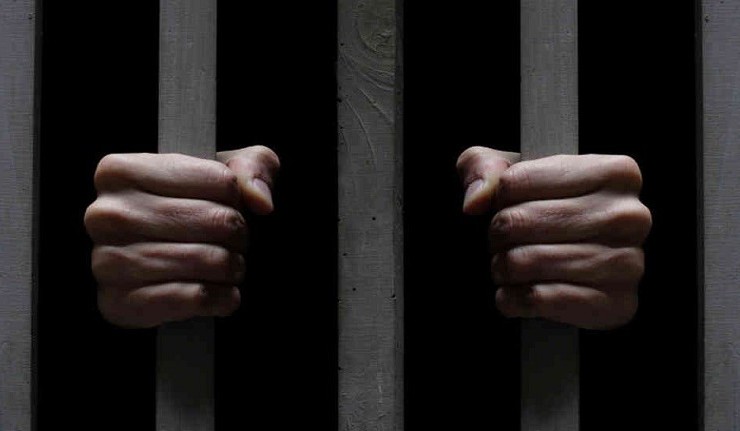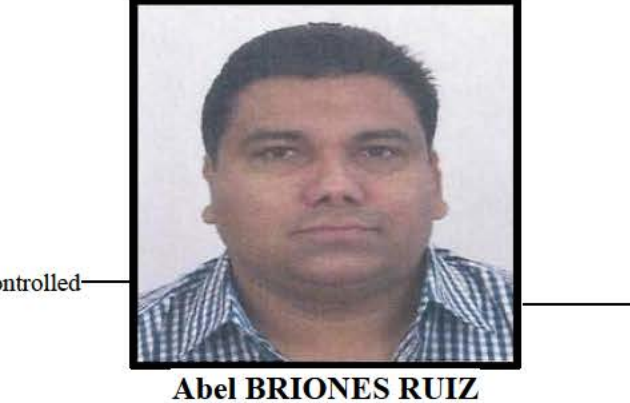A New(?) Trend in Sanctions: Designation of Prisoners

Today the Treasury and State Departments each issued their own set of designations, which alerted us to a curious mini-trend in sanctions – listing individuals who are already incarcerated for the activity that serves as the basis for designation.
OFAC went after a second-tier affiliate of Japan’s largest Yakuza syndicate with a Transnational Criminal Organization (“TCO”) designation under E.O. 13581, while the State Department identified two leftist Greek terrorists and two al Shabab-linked Somalis pursuant to E.O. 13224.
What’s interesting about the designations of Christodoulos Xiros and Nikolaos Maziotis is that both individuals are currently sitting in Greek prison cells. Both had relatively recently escaped from jail, with Xiros vanishing in January 2014 while on temporary leave and Maziotis going missing in the middle of a trial in 2012. However, each had recently been recaptured, Xiros in January 2015 and Maziotis in April 2014.
After reviewing designation notices for the first 4.5 months of this year, it turns out that around 1/3 of all designation actions during this period include a least one individual who was incarcerated at the time of designation. In addition to Xiros and Maziotis, imprisoned designees include:
- Alfonso Limon Sanchez – Arrested November 18, 2014 – Designated January 27, 2015
- Felipe Cabrera Sarabia – Arrested December 23, 2011 – Designated March 18, 2015
- Alejandro Cabrera Sarabia – Arrested February 11, 2013 – Designated March 18, 2015
- Abigael Gonzalez Valencia – Arrested February 2015 – Designated April 8, 2015
- Elvis Kelmendi – Arrested September 22, 2012 – Designated March 24, 2015
On the surface, designating someone who is already in jail would seem to go against OFAC’s oft-stated position that designations are not meant to be punitive, rather they are designed to provoke a change in behavior. Conceptually, being behind bars and watched 24 hours a day would seem to necessarily result in a change in behaviors that could serve as the basis for a designation. Additionally, it’s not unreasonable to wonder if Treasury and State have better things to do than going after individuals who are already in jail.
However, there are several factors that could explain a decision to designate a prisoner. First, particularly in the narcotics-trafficking context, prison is not always an effective bar to illicit conduct. During an earlier stint in Mexican prison, Sinaloa Cartel leader Chapo Guzman reportedly “treated the jail as a private castle where prison guards scurried around like servants” and he continued running the cartel from his cell. In the U.S. criminal context, U.S. v. Stewart demonstrates how the “Blind Sheikh” Omar Abdel-Rahman continued to operate while behind bars.
In several of the cases, it also appears that only a relatively short period of time elapsed between the designee’s arrest and designation. This could indicate that the designating agency had already begun compiling a designation packet and since it can take some time for a designation action to be approved, events on the ground simply moved faster than U.S. bureaucracy. It is also possible that in cases such as the two Greek terrorists mentioned above, who were fugitives as recently as last year, the U.S. held its fire in order to allow for the possibility that financial intelligence could provide information leading to an arrest.
Another issue to note is that a criminal charge provides an easy justification for a designation. Taking into account the broad nature of the “reasonable cause to believe” standard, an arrest in a foreign jurisdiction for activity that could be reasonably interpreted as a basis for designation is probably all that is needed to justify action. It is possible that given the significant resource constraints faced by designating agencies, OFAC in particular, designating incarcerated individuals is an easy “win,” though its important to recognize that many of these designations were part of larger actions that include non-imprisoned individuals.
While we only went back 4.5 months, it could be that the U.S. has always designated prisoners and we’re only noticing this now. If you have any other theories, feel free to share in the comments.



